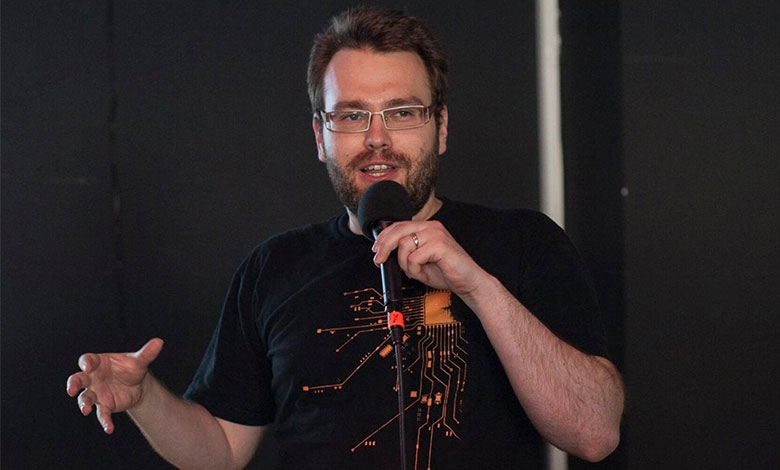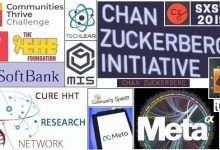
Would you tell our readers more about yourself and your professional background?
I have an academic background via a PhD in statistics and have been working with mostly digital data for the past 10 years. Almost half of that was focused on digital advertising, first in Operam where we optimized advertising for Hollywood studios using data for blockbusters such as Deadpool 2 and Kingsmen 2, or Oscar winning titles such as Shape of Water. We did some really cool projects such as analyzing movie scripts as an input into the marketing pipeline. Later on I worked on an Operam spin off called Panoramic that focused on the marketing reporting part. I have then rediscovered my passion for augmented analytics during these projects and am currently working on the Reveal product by Adverity that aims to surface insights automagically to marketers. I have also been engaged in both technical and business communities giving talks and organising events. For me the most interesting part of what I do is take the sophisticated outputs of Data Science teams and translate them into something that empowers business users.
How do you use artificial intelligence to succeed in your business?
Artificial Intelligence is a very wide term, but when it comes to the day to day of my team, we employ various techniques coming from both modern approaches as well as traditional statistics to automating the search for a needle in a haystack for our end users.
Which are the best ways to humanize your brand in the age of social media and artificial intelligence?
I think that especially with artificial intelligence in marketing there is still a significant effort between the recommendation and the action. Sure we can optimize budgets or bids automatically, there’s already automated analysis of images/creatives, but I haven’t yet seen a tool that would make the decision which one is the better course of action. I am not saying it’s impossible, but AI currently focuses on solving partial problems (since most algorithms are in fact idiot savants) and needs human oversight to piece these things together.
Do you think that the information of the user on the Internet is safe? Why is that?
I am pretty conservative with my information depending on the platform. No information out there is perfectly safe. The reason for the lack of safety is how interconnected everything is and it’s close to impossible to keep track of all the possible entry points. A good example is what happened to Maerks where their whole system was wiped and the worm was thought by some to have got in through an accounting software one of their Ukrainian subsidiaries was using.
In your opinion, how could cybercrime be restricted? What kind of measures can be taken by the user?
I think it’s about finding the right balance. I’ve already mentioned that you can’t preemptively protect all possible vectors of attack. At the same time this doesn’t mean that nothing should be done. Every company should have some precautions in place and a recovery plan handy. We have heard ad nauseum how the end user is the weakest link, but I’ve also recently listened to a podcast that conveyed an interesting message – if you have a company of 300 people with a small team of security professional, it’s easier for the professionals to set up precautions so that you can’t gain access to the whole system through a receptionist’s account as opposed to expecting to perfectly educate every employee. People that deal with business have their deadlines and issues to worry about, they’ll never be able to do everything perfectly. This appeals to me personally. I am using a password manager as well as am pretty vary when it comes to scams and phishing, yet I’ve had my credit card info stolen because one of the subscription services I used was compromised. How do I prevent that as a user? Is my own security perfect? Of course not, but the most high impact events came through a business I trusted.

What would the future of AI and Cyber Security look like, in your personal opinion?
There’s a great paper that shows that both experts and non-experts have been consistently predicting the advent of Artificial General Intelligence (real AI) in the next 25 years since the 1950s. By that I mean that it’s difficult to predict too wildly (data only predicts evolution not revolution), I will try nevertheless. What I expect to happen is the democratization of AI and data. This will happen because most companies suck at managing Data Science teams (according to Gartner over 77% of organizations were struggling with AI/Big Data in 2019) and I think there are service providers recognizing this.
While data democratization is not exactly AI (even though good data is a prerequisite), businesses that can’t answer simple questions, won’t care about the more advanced use cases (like AI). There is a huge no-code/modern reporting data stack movement that’s very prominent in the US that will in my opinion lead to better data and better foundation for democratizing the AI use cases too.











